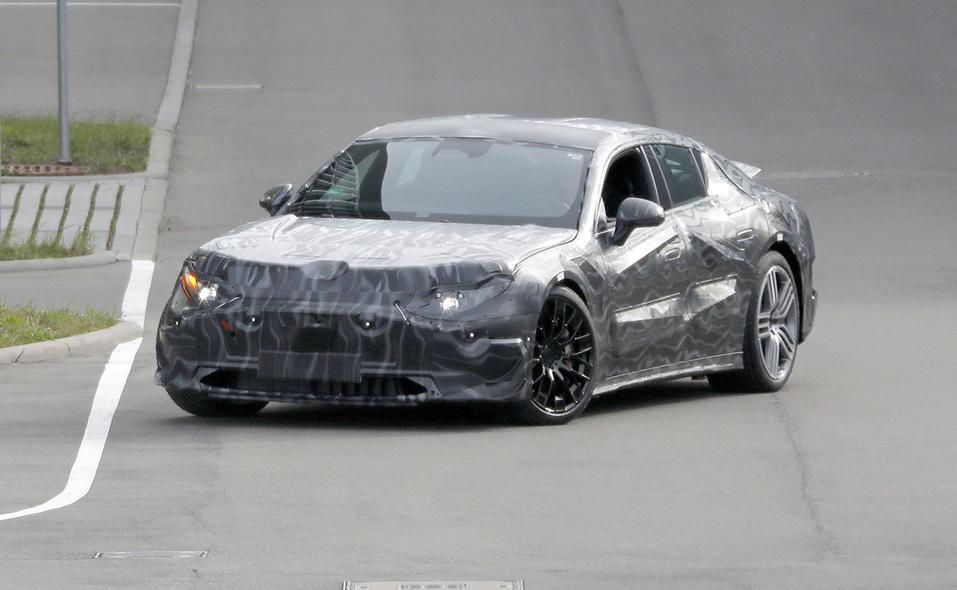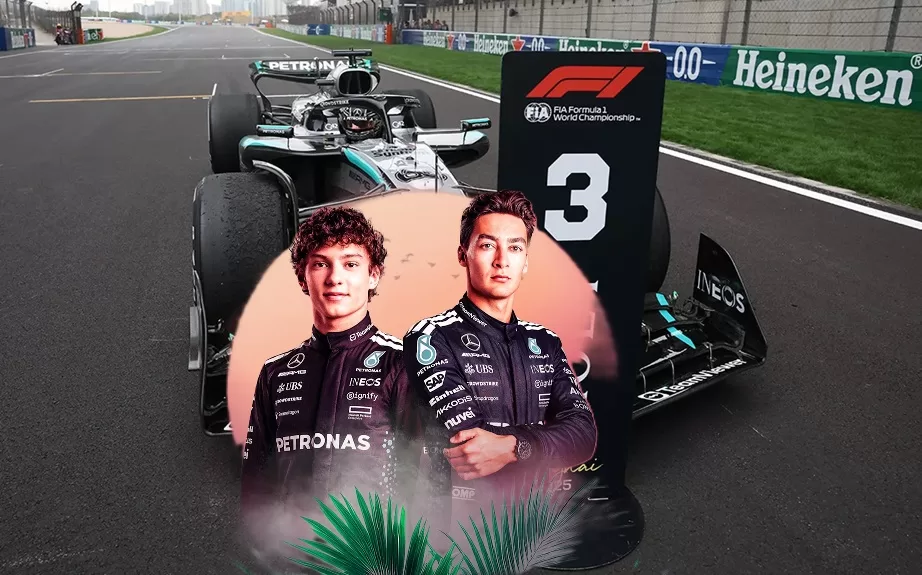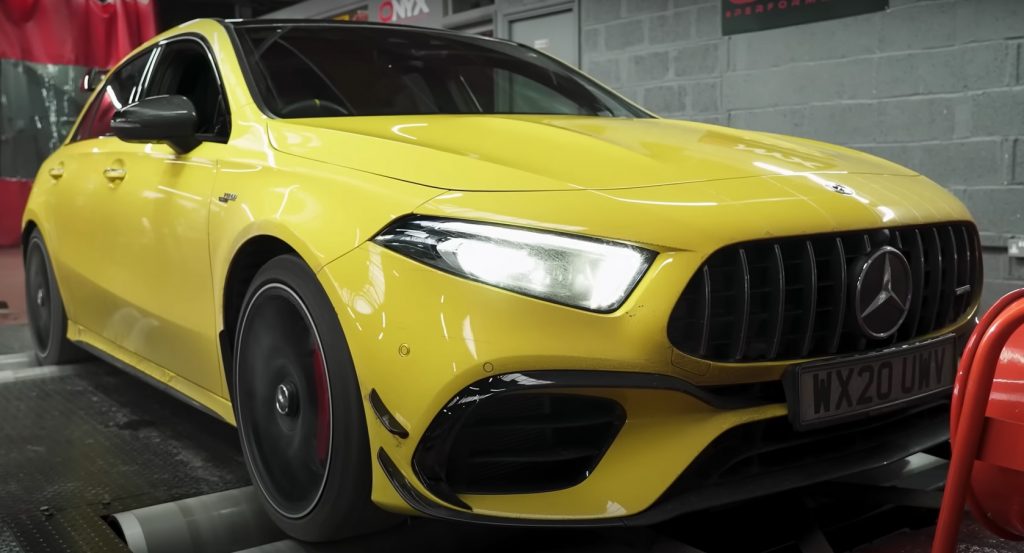So far, we have been hearing a lot about the floor upgrade of Mercedes F1 on the way to the US Grand Prix. However, there is little context as to what actually happened under there. In this article, we will dive into this subtle but important overhaul in the design of the W14.
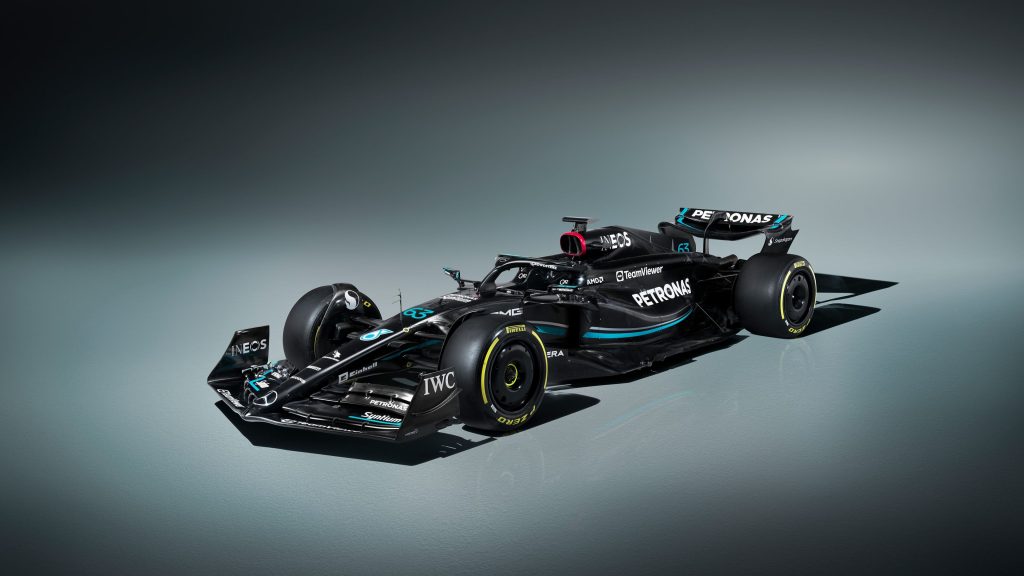
An article by Gary Anderson on The Race recently shed light on what the enhancement is all about.
Focused Enhancements for Improved Performance
The vital, but considered to be the last upgrade of Mercedes F1 for this season, concentrated on specific areas of the W14, with the primary goal of optimizing their underfloor leading edge. This included some tweaks in the front corner of the sidepod, and the front-outer edge of the floor.
The changes (marked in red in the picture provided by Anderson) emphasize a substantial reduction in the upper surface of the floor’s leading edge. This alteration redirects a greater portion of the airflow, promoting enhanced aerodynamic efficiency.
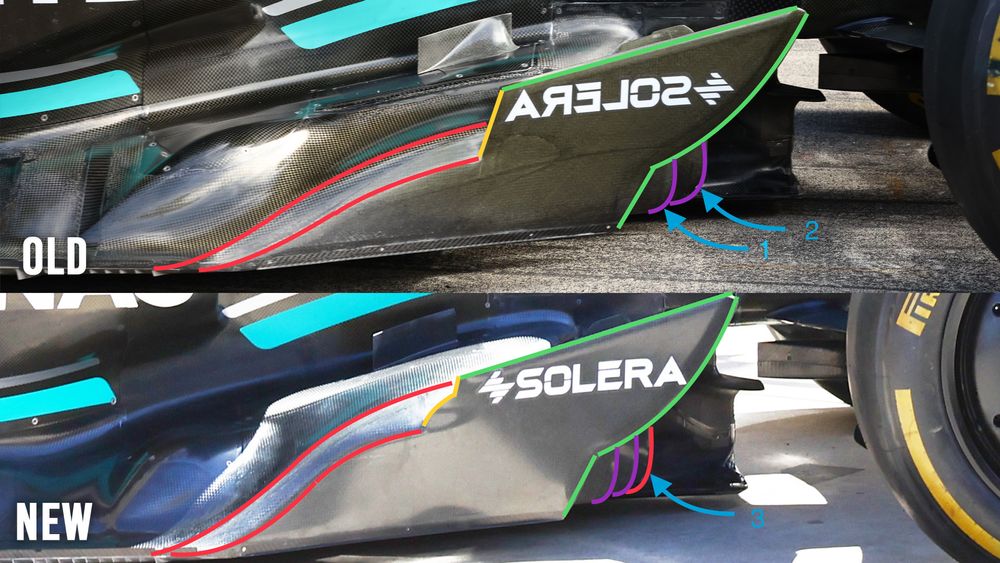
Meanwhile, a new splitter (marked “3” in the same photo) inside the existing pair, further modifies the underfloor airflow. This shift will reduce the volume of airflow between it (splitter “3”) and the underfloor’s inner wall, which, in turn, will propel more forceful downforce generation.
Additionally, by channeling airflow outward with the curved underfloor splitters, Mercedes has set the stage for horizontal vortices under the splitter’s lower edge, enriching the airflow directed toward the diffuser.
Final Thoughts
Basically, the new floor upgrade marks a significant departure from the initial approach of Mercedes F1 at the start of the 2022 season when ground effect regulations were first implemented. Back then, the team relied heavily on keeping their car as close to the ground as possible. However, they discovered that this approach had its limitations.
The current upgrade operates more like a dimmer switch, offering a more predictable driving experience while maintaining the importance of a low-riding car.





